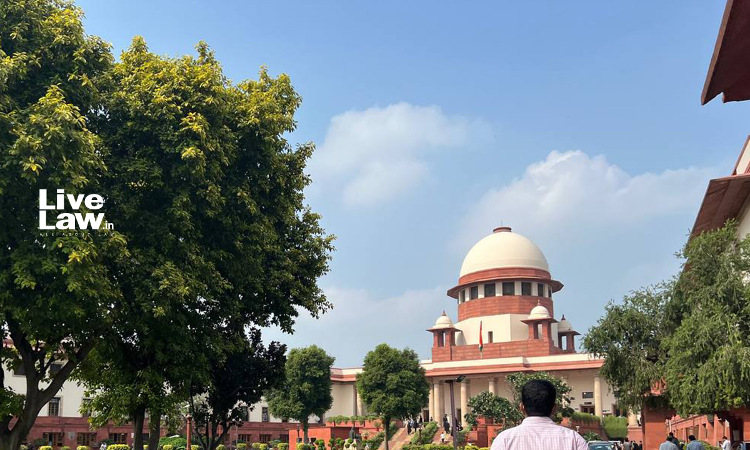Supreme Court Refuses To Entertain Plea Seeking To Set Up Anti-Corruption Courts In All Districts
Padmakshi Sharma
31 Oct 2022 12:34 PM IST

Next Story
31 Oct 2022 12:34 PM IST
Supreme Court bench comprising CJI UU Lalit, Justice Ravindra Bhat and Justice Bela M. Trivedi on Monday refused to entertain a plea seeking the setting up of anti-corruption courts with a mandate to dispose of each case within a year in all districts across India. The bench orally remarked that the petition was not concrete. Accordingly, the bench advised the petitioner to withdraw the...
